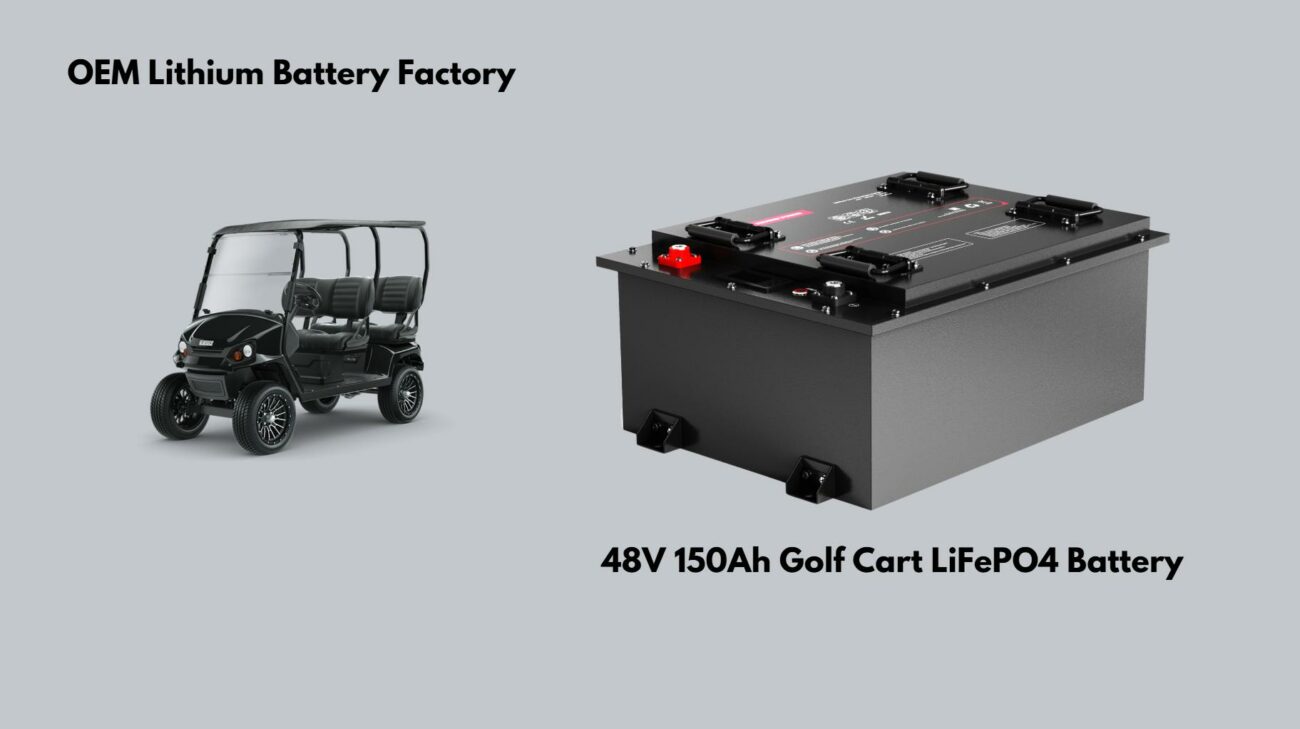Understanding the differences between lithium iron phosphate (LiFePO4) and lithium polymer (LiPo) batteries is crucial for selecting the right power source for your needs. Each type has unique features, advantages, and applications that can significantly impact performance. This guide provides a comprehensive overview of both battery types to help you make an informed decision.
What Are the Key Features of LiFePO4 Batteries?
LiFePO4 batteries are known for their stability and safety. Key features include:
- Long Cycle Life: Typically offers 2,000 to 5,000 charge cycles, making them highly durable.
- Thermal Stability: Less prone to overheating, reducing fire risks.
- Lower Energy Density: Generally heavier and bulkier compared to other lithium batteries.
Chart: Key Specifications of LiFePO4 Batteries
| Feature | Specification |
|---|---|
| Voltage | 3.2V per cell |
| Cycle Life | 2,000 to 5,000 cycles |
| Energy Density | Lower than LiPo |
| Weight | Heavier than other lithium types |
What Are the Key Features of LiPo Batteries?
LiPo batteries are popular in high-performance applications. Their key features include:
- High Energy Density: Provides more energy in a smaller size, ideal for lightweight applications.
- Flexible Shapes: Available in various shapes and sizes, allowing for versatile designs.
- Higher Discharge Rates: Capable of delivering high currents quickly, making them suitable for demanding tasks.
Chart: Key Specifications of LiPo Batteries
| Feature | Specification |
|---|---|
| Voltage | 3.7V per cell |
| Cycle Life | 300 to 1,000 cycles |
| Energy Density | Higher than LiFePO4 |
| Weight | Lighter than other lithium types |
What Are the Key Differences Between LiFePO4 and LiPo Batteries?
The primary differences between these two battery types include:
- Chemistry:
- LiFePO4 uses lithium iron phosphate, while LiPo uses a polymer electrolyte.
- Cycle Life:
- LiFePO4 typically lasts longer (up to 5,000 cycles) compared to LiPo, which lasts around 300 to 1,000 cycles.
- Energy Density:
- LiPo batteries have a higher energy density, making them lighter and more compact.
- Safety:
- LiFePO4 batteries are generally safer due to their thermal stability compared to LiPo, which can be prone to swelling or catching fire if damaged.
What Are the Advantages and Disadvantages of Each Battery Type?
Both battery types have their pros and cons:
Advantages of LiFePO4:
- Long cycle life
- Excellent thermal stability
- Safer under various conditions
Disadvantages of LiFePO4:
- Lower energy density
- Heavier weight
Advantages of LiPo:
- High energy density
- Lightweight design
- Flexible shapes for various applications
Disadvantages of LiPo:
- Shorter lifespan
- More sensitive to damage and temperature changes
How Do You Choose Between LiFePO4 and LiPo Batteries for Your Application?
When deciding between these battery types, consider the following factors:
- Application Requirements: If weight is critical (e.g., drones), choose LiPo; if longevity is more important (e.g., solar storage), opt for LiFePO4.
- Budget Constraints: While LiFoPO4 may have a higher upfront cost, its longer lifespan can make it more economical over time.
- Safety Needs: For applications where safety is paramount (e.g., home energy storage), LiFePO4 is generally preferred.
What Safety Considerations Should You Keep in Mind?
Safety is crucial when using lithium batteries:
- Storage Conditions: Store batteries at room temperature away from direct sunlight.
- Charging Practices: Always use a charger designed specifically for your battery type.
- Monitoring Health: Regularly check for signs of damage or swelling, especially with LiPo batteries.
Industrial News
The market for lithium batteries continues to grow as demand increases for electric vehicles, renewable energy storage, and portable electronics. Recent advancements focus on improving safety features while enhancing energy density and reducing costs across different battery chemistries. Companies are investing in research to develop next-generation batteries that are more efficient and environmentally friendly.
Redway Expert Insights
“Choosing the right battery technology is essential for maximizing performance in your application,” states a Redway expert. “Understanding the differences between lithium iron phosphate and lithium polymer batteries will help users make informed decisions that align with their specific needs.”
FAQ Section
What is the main difference between LiFePO4 and LiPo batteries?
The main difference lies in their chemistry; LiFePO4 offers longer cycle life and better safety, while LiPo provides higher energy density but shorter lifespan.Can I use a regular charger for both types of batteries?
No, you should use chargers specifically designed for each type to prevent damage or safety hazards.How long do these batteries typically last?
LiFePO4 batteries can last up to 5,000 cycles, whereas LiPo batteries typically last between 300 to 1,000 cycles depending on usage.




